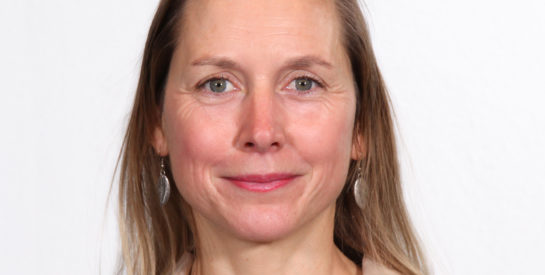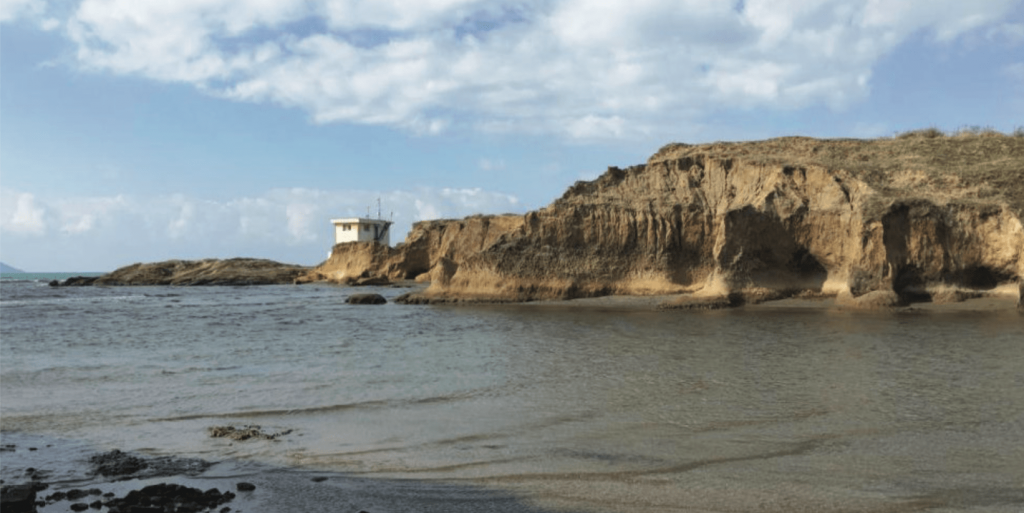
Anthropology: Understanding Worldmaking Practices

Module coordinator:
Asst. Prof. Nataša Gregorič Bon, Ph.D.
Research Associate at the ZRC SAZU Institute of Anthropological and Spatial Studies and Assistant Professor for Anthropology at the Postgraduate School ZRC SAZU.
natasa.gregoric-bon@zrc-sazu.si
+386 1 4706 535
MODULE DESCRIPTION
Anthropology is a study of how people experience, understand and express their relations to each other and to the world. The discipline explores both small-scale societies as well as wider cultural, economic and political processes that take shape in the contemporary world, ever more characterised with transnational, virtual and planetary concerns. It is premised on the notion that individuals as well as societies are both creations and creators of our daily social and political “realities”.
thropological inquiries build on fine-grained and long-term fieldwork and focus on practices and relationships that individuals, institutions and societies create and sustain within specific social and cultural environments. Both individual and collective discursive and material practices are studied. People’s cultural and societal ways of being and becoming, ethical stances, patterns of behaviour, ideas and modes of imagining seminally structure and organise the ways in which people think of, articulate and experience the world. Anthropological objective is thus not only to unravel the meanings embedded in various social and cultural phenomena but to understand the impetus for their emergence, as well as the conditions for their existence. In other words, we seek to document, contextualise and explain the dynamics and the assumptions about both past and contemporary modes of people’s worldmaking.
“Anthropology: Understanding Worldmaking Practices” doctoral program at the Postgraduate school ZRC SAZU invites graduate students interested in an intensive study that builds on key scholarly developments in anthropological theory and practice. The students will learn central theoretical propositions of the discipline; they will be trained in critical thinking/reading skills; they will be taught how to conduct long-term fieldwork and rigorously collect, compare and analyse ethnographic data. They will be mentored in writing-up the particularities as well as novel horizons that are enabled by ethnographic descriptions.
The lecturers at the Anthropology module are distinguished scholars who have researched and published on various topics (e.g. cosmologies and social relationships, the notions of subjectivity, spatial and political organization, violence and conflict resolution, social movements, human rights, environmental issues, agrarian anthropology, archaeoastronomy, youth studies, death and dying, gender relations, mental health, semiotics, etc.). They continue to actively pursue their own particular field-research in variously Albania, Amazonia, Mexico, Papua New Guinea, Serbia and Slovenia, providing expert regional knowledge on South-eastern Europe, Latin America and Oceania.


MODULE RESEARCH PROFILE
Research projects of the vast majority of lecturers in Anthropology module are based on a long-term fieldwork and the originality of collected data in previously unexplored geographic areas and thematic fields. The researchers continuously develop new methodological approaches. They focus on exploring the ways of life, worldviews, concepts and languages among the peoples who live or have lived in different geographical regions and historical periods. They are also deeply engaged in developing new theoretical insights. These insights contribute towards better understanding of a vast variety of practices, ideas, internal logic of different societies and cultures and complexities of intersubjective interaction.
Their research projects follow contemporary ethical principles that reject essentialisms, gender and religious intolerance, and perception of the world, which characterized colonialism and imperialism. Connection to the programme Anthropological and spatial studies, of which several lecturers of the Anthropology module at the Postgraduate school ZRC SAZU are members, is available at the following website:
https://iaps.zrc-sazu.si/en/programi-in-projekti/anthropological-and-spatial-studies#v
Obvezni predmeti modula z nosilci in nosilkami
Individual Research Work I
ECTS: 16
Research Seminar I
ECTS: 26
Research, Argumentation, and Writing Methods in the Humanities and Social Sciences
Prof. Borut Telban, Ph.D.,
ECTS: 6
Individual Research Work II
ECTS: 44
Research Seminar II
ECTS: 4
Individual Research Work III
ECTS: 30
Doctoral dissertation
ECTS: 30
Izbirni predmeti modula z nosilci in nosilkami
Anthropology of consciousness and practices of awareness
Asst. Prof. Maja Petrović Šteger, Ph. D.,
ECTS: 6
Epistemological pluralism and “decolonizing” methods in ethnographic research
Assoc. Prof. Pirjo Kristiina Virtanen, Ph.D.,
ECTS: 6

